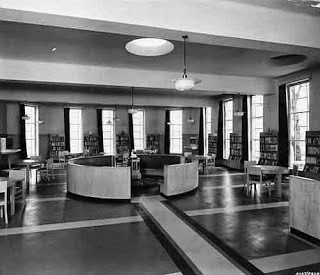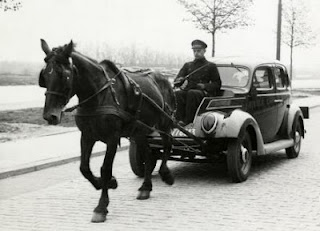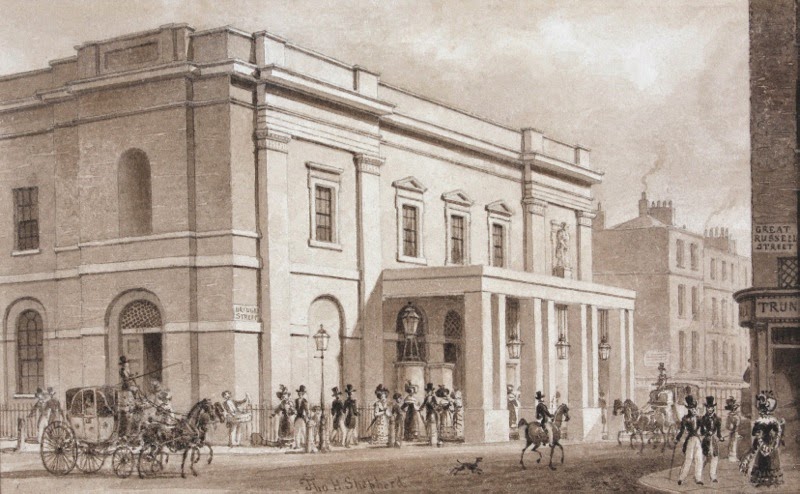Libraries: earliest fond memories

For some people, I suspect, libraries have become an act of faith, or a kind of heritage; they hang on to libraries like cathedrals long after their belief in the deity has past away. No doubt the great libraries will survive. Those are the ones with vast national collections, or those with a special antiquity, or a majestic architecture. The fate of the rundown relics of suburbia is less clear; not matter how much we celebrate the power of the little library it appears that its extinction is as likely as the video-hire shop, or even the local bookshop, with its greeting cards, its quaint plantpots, and its local authors. Yet some of us still delight in tea-leaves, coffee-beans, and the safe solidity of printed books, long after the the victory of the instant download has streamlined the past, the present, and the future, in a dizzying sea of sameness. Sometimes there is something radical in remembering the past; it need not collapese into a conservative tear-torn nostalgia. Ga




